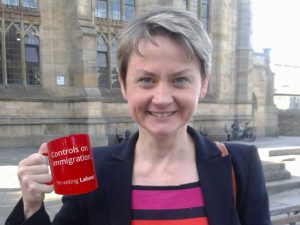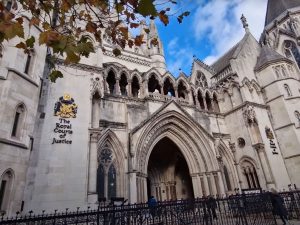Independent and socialist candidates have jointly spoken out against the smearing of people who held Labour Party politicians to account in the 2024 general election. They have signed a letter addressing comments from Labour candidates and mainstream media coverage of these.
Independent candidates: ‘questions aren’t intimidation’
There is currently, they assert, a “narrative that seeks to mischaracterise our efforts and supporters”. And the aim of this is “to delegitimise left-leaning and independent candidates who offer progressive alternatives, portraying them as bullies to deflect from genuine political discontent and demand for change”.
The independent candidates insist that:
it is not “intimidation” to question records on opposing some of the worst crimes against humanity
They also point out that:
Highlighting voting records or choosing not to re-elect certain MPs is a democratic right, not intimidation. As ordinary citizens stand against the support for genocide, climate change, and austerity, it is their democratic sovereignty to challenge MPs. These actions do not constitute harassment, as defined legally, but rather reflect protected political speech
On the contrary, they say, it is “Labour, under Keir Starmer’s leadership” that “has shown authoritarian tendencies”.
Racist dog whistles
The independent candidates mention in particular “Jess Philips, John Woodcock, Yvette Cooper, and Jonathan Ashworth”, who claim to have felt uncomfortable with the scrutiny they received – in particular over their poor stance on the ongoing genocide in Gaza. And they argue that the comments of these figures, along with the mainstream media’s framing of the situation, “have wrongfully labelled our campaigns and supporters as “hateful” and “intimidating””. They add:
This systematic approach uses racist dog whistles and manufactured panic to justify potential restrictions on protests and to stifle democratic scrutiny.
And in a strong message to the media, they emphasise:
The role of the press is not to perpetuate unfounded narratives but to facilitate informed and open discourse. Media outlets must respect the democratic process and the people’s will, refraining from mislabelling or marginalising grassroots movements.
Very happy to sign this letter with my comrades asking media to do their job in upholding democracy. pic.twitter.com/LNLVvoaBG1
— Nandita Lal (@ditalalmolloy) July 30, 2024
Featured image via the Canary




